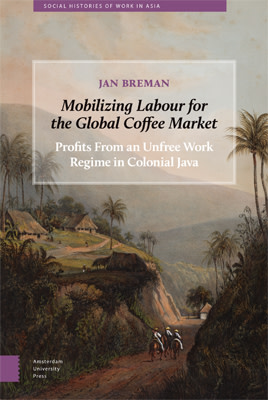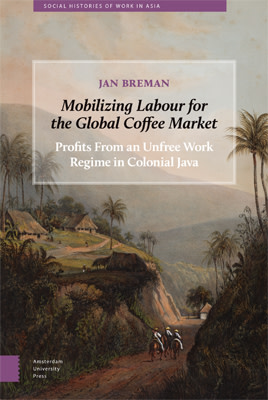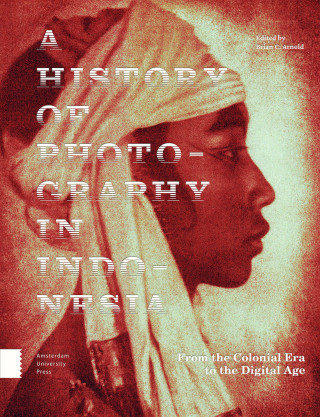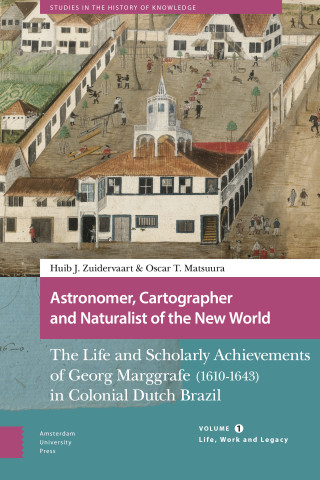Winner of the ICAS Social Sciences 2017 Book Prize!
"It is a testimony to the humane breadth of concerns in Breman’s treatment of this aspect of global commodity production that questions such as these keep arising. Apart from studies by R.E. Elson and Radin Fernando, Java’s colonial historiography has been dominated recently by a near-obsessive concern with sugar. Breman’s in-depth study is hence a timely corrective — but it is, of course, very much more than that. It is a cliché to say that a book will be of great interest to both the "lay" reader and the specialist scholar. Th is book is precisely that, however, clearly set-out and handsomely produced by its Dutch publishers." - G. Roger Knight, The University of Adelaide Asian Studies Review, 2017 Vol. 41
"Breman has made an important contribution to the study of Javanese social and economic history. - Anne Booth, Bulletin of Indonesian Economic Studies
"I have little hesitation in placing Professor Breman's monograph at the top of my personal books of the year list. A careful, detailed, authoritative, and scholarly reconstruction of the forced cultivation of coffee in West Java, Mobilizing Labour for the Global Coffee Market is quite simply a masterpiece." - Internationales Asienforum





